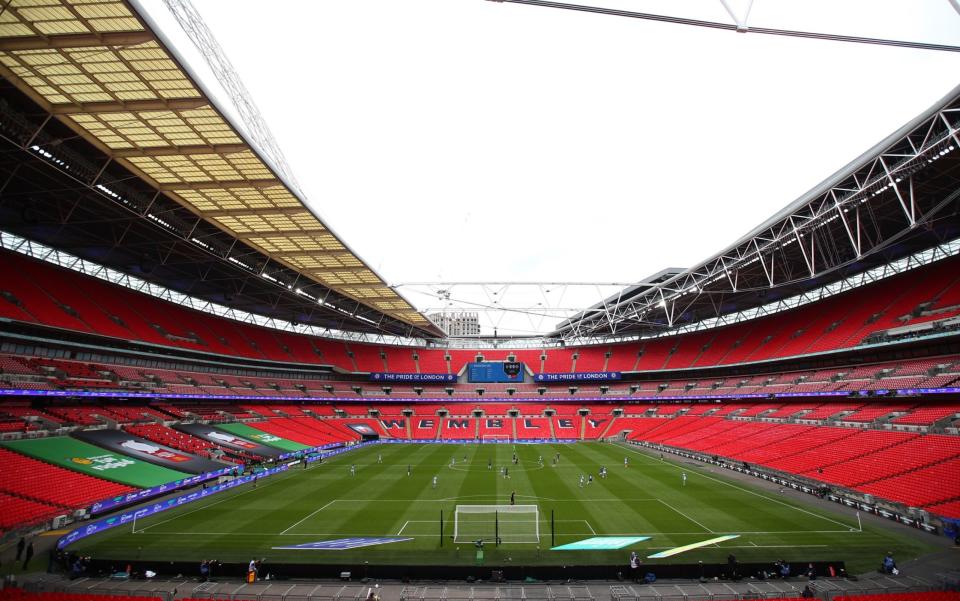Ban on crowds at sports events set to last at least six months - but public health experts question rationale behind decision

The rationale behind the scrapping of the return of crowds in professional and semi-professional sport was branded “crackers” and “inconsistent” by public health experts as the sector was left reeling by new coronavirus lockdown rules.
Boris Johnson’s announcement that the likes of Premier League football, Premiership rugby and other major competitions would remain behind closed doors for up to another six months was called into question after he continued to allow pubs to remain open – albeit under a new 10pm curfew.
Professor John Ashton, the former director of public for north-west England, told the Daily Telegraph: “From a public health perspective, there’s a shocking lack of consistency – it’s crackers.
“I can hardly answer why you might be safer in a pub. There are such a lot of inconsistencies for mass gatherings, where clearly we need hard and fast rules to ensure people are able to follow them. It’s been fairly crazy allowing pubs to fill up over the summer.”
Ashton said inconsistencies over the treatment of sport during the pandemic were among Government failings he had highlighted in a book – Blinded by Corona – he had written on its response to the pandemic.
His sentiments were echoed by Prof Gabriel Scally, president of the epidemiology and public health section of the Royal Society of Medicine and a member of Independent Sage, which holds the Government’s scientific advisors to account.
Scally said he could not explain the rationale behind a total ban on crowds of up to six months and that the plan for them to return to sport in limited numbers with social distancing enforced had been a solid one.
“It’s becoming more and more difficult to explain all these things,” he said. “People not being allowed to meet up in homes, but you are allowed to go to the pub, but not stadiums.
“It’s not very consistent but the virus isn’t very consistent. Some of the data is showing that household spread is more important than almost anything else, so I guess it’s important to say the Government is trying to do a difficult balancing act.
“I’ve seen some of the experiments that have taken place at sporting venues, with relatively small numbers of spectators in huge venues, and I can’t see any reason why that isn’t successful. It’s all about making sure people adhere to it.”
Tuesday's announcement had been forecast since the Government announced a review of plans for the return of crowds earlier this month.
But it still caught some out, with Chesterfield chief executive John Croot telling BBC Radio Sheffield the National League side had “no idea” the “bombshell” news was coming and that the club had to suspend ticket sales that were due to begin that morning.
The Government’s pilot scheme for the return of spectators was also scrapped, throwing planned events of capacities up to 1,000 into chaos.
Tuesday's pre-season friendlies between Dagenham & Redbridge and Concord Rangers, Yeovil Town and Bath City and Dartford and Dover Athletic were all cleared to proceed.
But the Bath-Gloucester Premiership clash went back behind closed doors, as did this week’s three-day race meeting at Newmarket.
Other scheduled pilots in football, rugby and speedway were all called off.

 Yahoo News
Yahoo News 